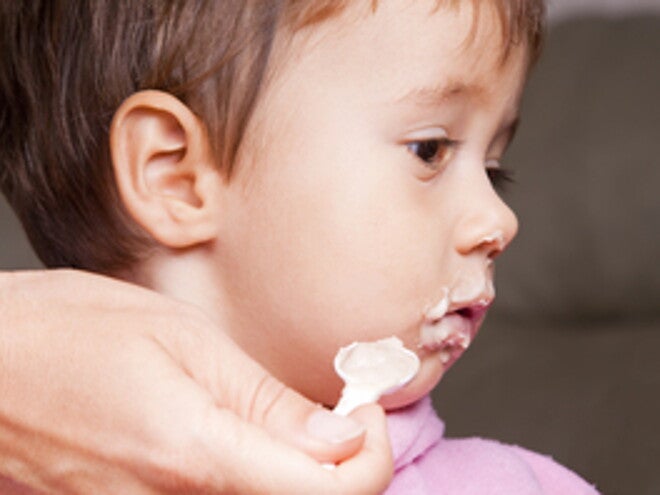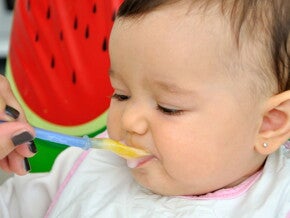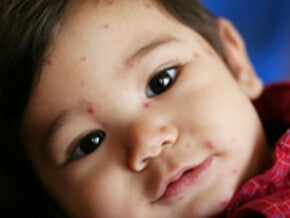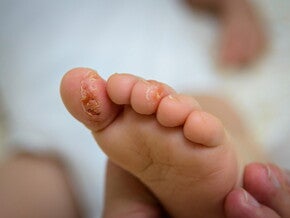
Feeding Disorder Of Early Childhood
Feeding Problems And Feeding Disorders in Children
IMPORTANT NOTICE: The World Health Organization (WHO) recommends exclusive breastfeeding for the first 6 months and continued breastfeeding for as long as possible. Growing up milks are formulated to meet nutrition needs of healthy young children older than 1 year and should not be fed to infants.
To most children, feeding and eating during infancy and early childhood are natural processes. But to some, they constitute a troublesome situation that needs to be treated so it won’t lead to behavioral, psychological and nutritional disorders, or to delays in physical and cognitive development.
Feeding and eating disorders during infancy and early childhood are most common among children who meet the following diagnostic criteria:
- Continuous failure to consume enough food, associated with an inability to gain weight or a huge loss of weight at least within a month.
- Inadequate eating not explained by a gastro-intestinal disorder or any other concurrent medical condition.
- Inadequate eating not explained by a mental disorder or malnourishment.
And based on these criteria, feeding disorders can be categorized and summarized as follows:
Feeding Disorder of Homeostasis
It consists of a non-organic disorder that is due to the mother’s difficulty to provide her infant with regular and calm breastfeeding sessions and adequate amount of nutrition.
This type of disorder may show in babies within the first months after birth.
Feeding Disorder of Attachment
It affects babies between the second and eighth month after birth, and is primarily due to the lack of social reciprocity between parent and infant. To deal with this disorder, a mother should work on improving her understanding and responsiveness to her baby’s hunger and fullness cues.
Infantile Anorexia
It is characterized by refusal to eat. It often occurs in children between 6 months and 3 years of age.
In order to deal with infantile anorexia, a mother should understand her child’s special character, set rules for him and plan well his meals so it would be easier on him to get settled.
Sensory Food Aversion
It generally affects children of 3 years of age and may be treated by encouraging positive behavior and reducing negative behaviors through extinction.
So if your little one is losing weight or showing early symptoms of irregular feeding, we recommend you to immediately consult his doctor and seek for quick solutions and treatments to his condition. Beware neglect can lead to adverse consequences on your child physical and mental growth!
Read More: The Dangers Of Children Eating Junk Food




















